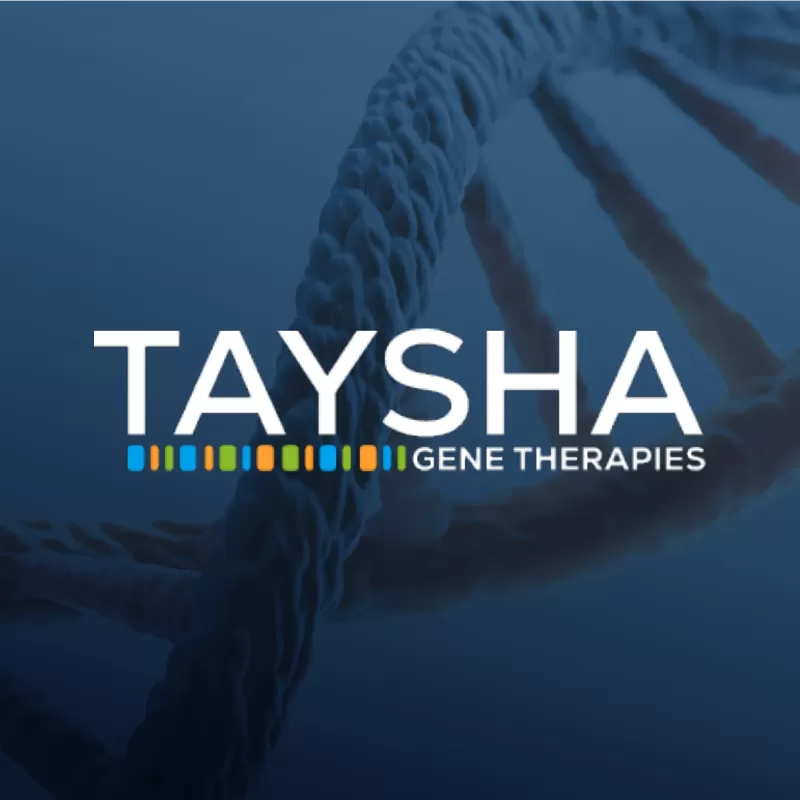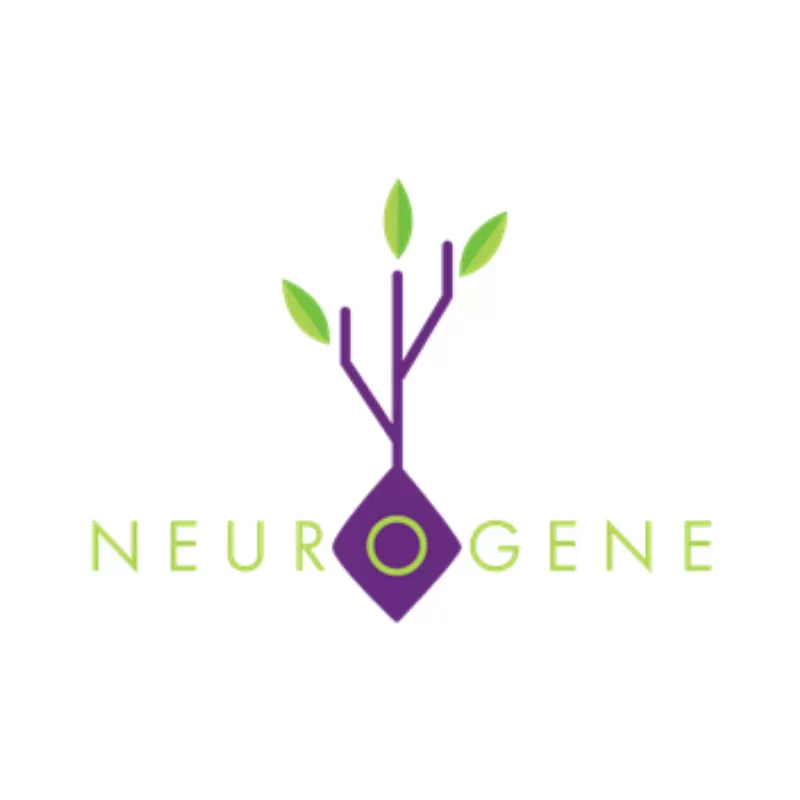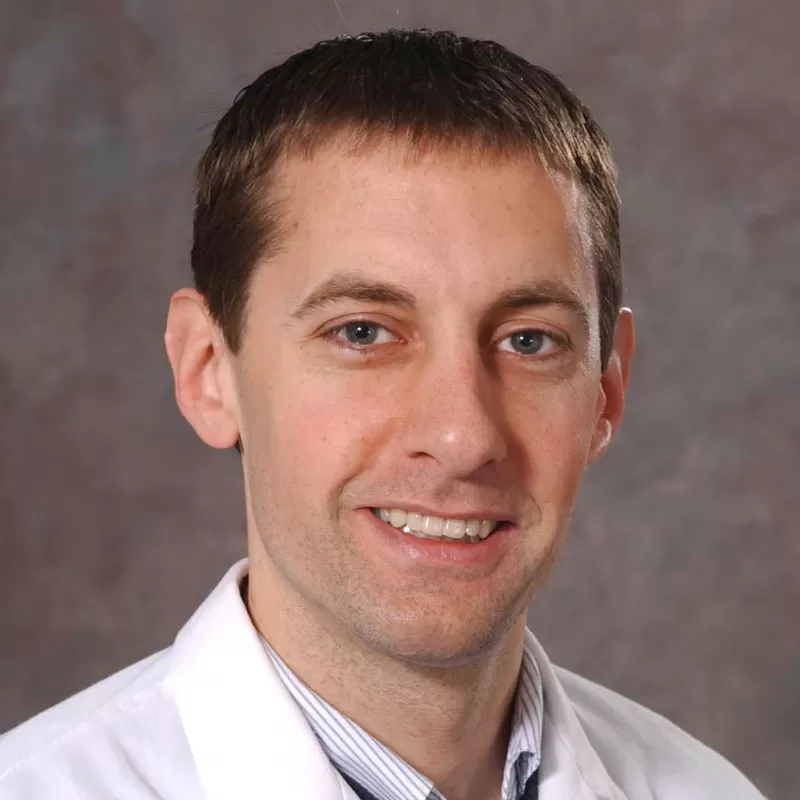Gene Replacement
Gene replacement is RSRT’s lead strategy and closest to clinical trial.
RSRT-Led Gene Therapy Consortium
RSRT started funding gene replacement efforts in 2010, at a time when gene therapy for neurological disorders was still considered science fiction. Encouraging data led to the launch of the RSRT-funded Gene Therapy Consortium in 2014. The Consortium included gene therapists Dr. Brian Kaspar, PhD, and Dr. Steve Gray, PhD, and MECP2 experts Dr. Stuart Cobb, PhD, and Dr. Gail Mandel, PhD.
The Consortium worked through challenges involving vector optimization (the Trojan horse that delivers the gene into a cell), gene construct optimization (what you package into the vector), dosage, and the routes of administration into the body.
The data generated by the Consortium exceeded our expectations. The magnitude of improvement seen in Rett mouse models treated with gene replacement is much greater than that of any drug tested to date and suggests that significant benefit may be achieved in people.
Importantly, the Gene Therapy Consortium incubated two industry programs and an academic program.
RSRT has invested more than $10 million in gene replacement. RSRT-driven collaborations, initiatives, and investments have helped to generate all of the following gene therapy programs.



